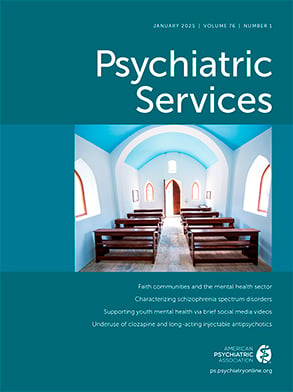The book Beyond Medication proposes a shift away from the current medical model for treatment of psychosis. The treatment paradigm of the medical model focuses on medication as the frontline treatment. The new paradigm offered in Beyond Medication uses psychotherapy as the frontline treatment for psychosis, which may or may not be augmented with medication. Although numerous writers contributed to the book, it flows easily from one chapter to the next, presenting a convincing argument for the use of psychotherapy as a frontline treatment.
The editors divided the book into three parts, making it easy for the reader to follow. These parts focus first on strengthening the patient, second on the mechanism of therapeutic change, and third on sustaining the therapeutic approach. Case studies are woven into various chapters so that the reader can gain an understanding of how this approach has been effectively utilized with various patients. Each chapter ends with a concise summary. In chapter 12, the results of a study that explored the subjective experience of being medicated are presented. Despite the weaknesses in the study (such as a small sample), findings are thought provoking and warrant further investigation.
Throughout the book, the reader is challenged to enter and understand the patient's world—a world that can be terrifying but one that can provide deep meaning to patient and provider alike. Before entering this world, the therapist must be willing to engage in a journey of self-exploration that may be difficult at times. The book challenges the reader to realize that treating psychosis does not fit into a neat theory that easily explains thoughts or behavior. The authors suggest that psychoanalytic therapy is inductive and emphasize that clinicians need to be open to the patient's experience. This may make clinicians who subscribe to conventional treatment uncomfortable. To take the time to truly understand a psychotic individual requires a unique set of tools, and determining how best to use them requires navigating many shades of gray. The therapist's job is to understand the patient's split from reality and to teach the patient to recognize and process his or her experience and to embrace reality. During the therapeutic journey, the therapist becomes the anchor that guides the patient in connecting with the world: “Clinician and patient join forces to quell terror and create a secure place for creativity. Shared understanding of psychotic experience inspires hope.”
Mental health clinicians who work with individuals experiencing psychosis are the intended audience for this book. I would recommend Beyond Medication to clinicians whether or not they endorse the use of psychotherapy for psychosis. This book challenges us to look at our patients developmentally and experientially and to view them as human beings, not as diagnoses. In the closing chapter, Ira Steinman succinctly writes, “Primarily schizophrenics and other severely disturbed patients are people, filled with the same human qualities as the healers they seek. It is incumbent on the treating practitioner to drop the objectifying and alienating attitudes of treating the very sick as other, and different from us.”
The reviewer reports no competing interests.

